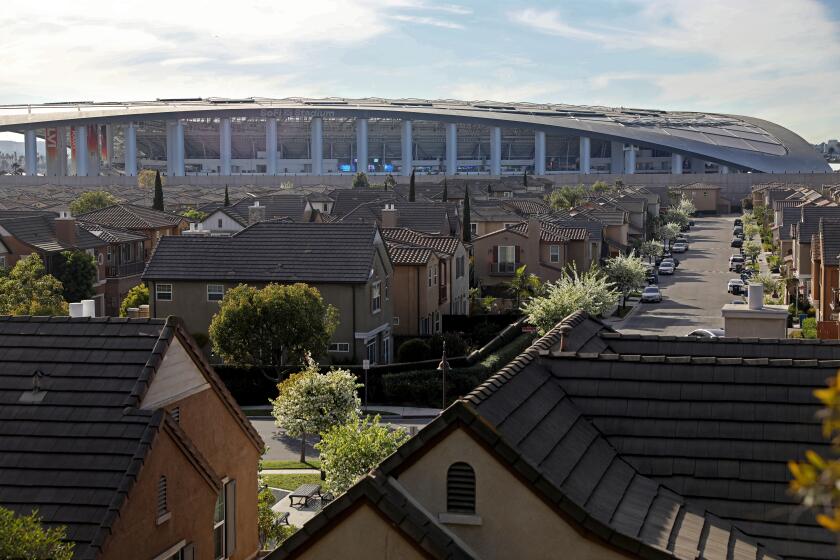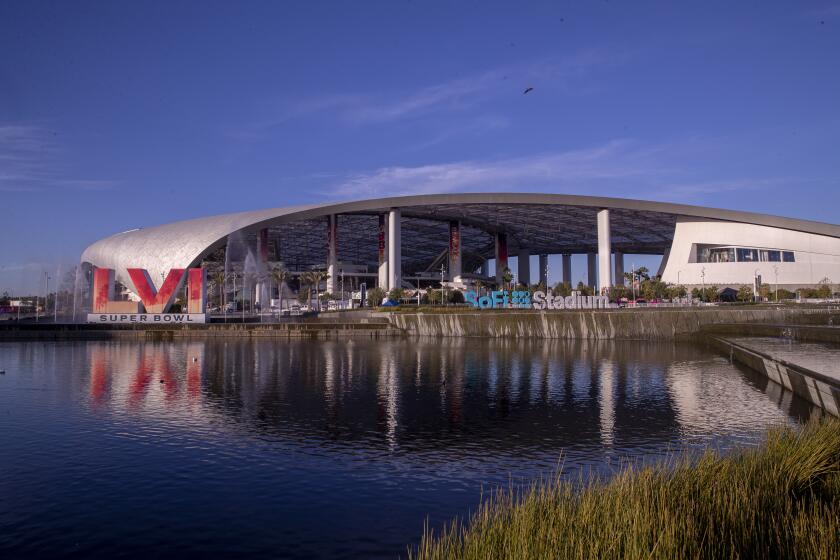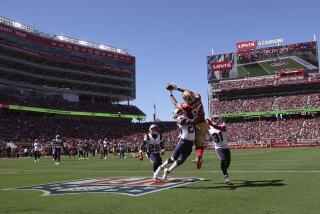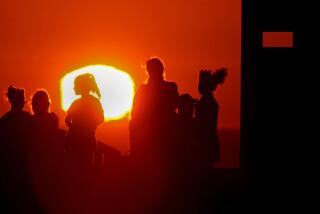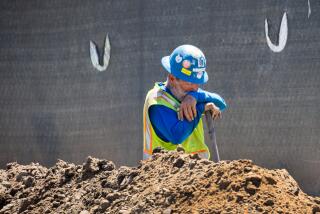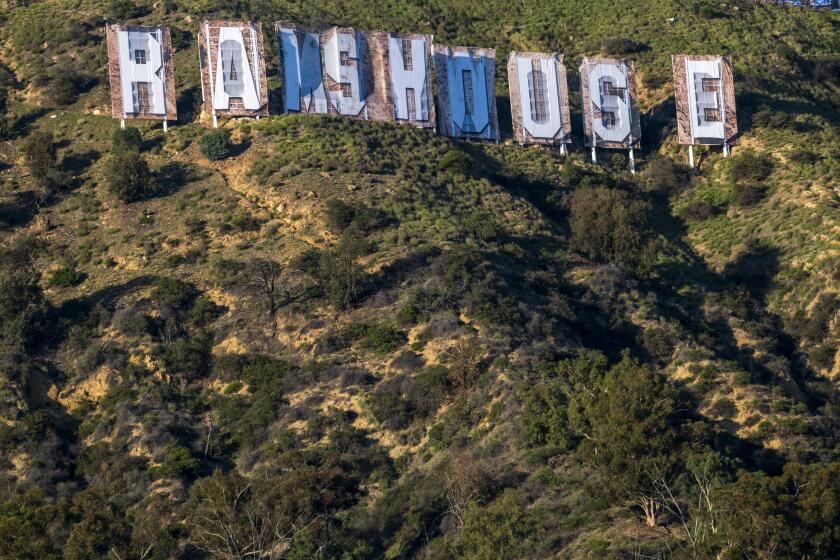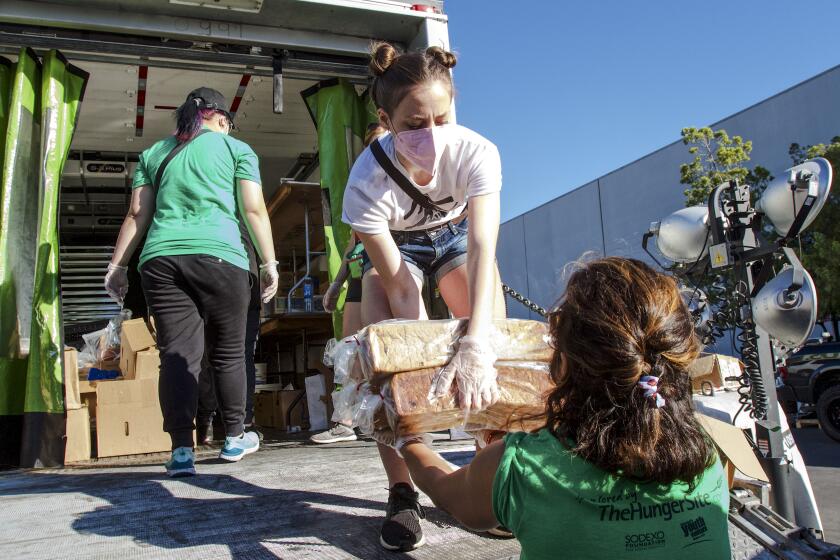Super Bowl LVI could be the hottest ever played. Here’s why
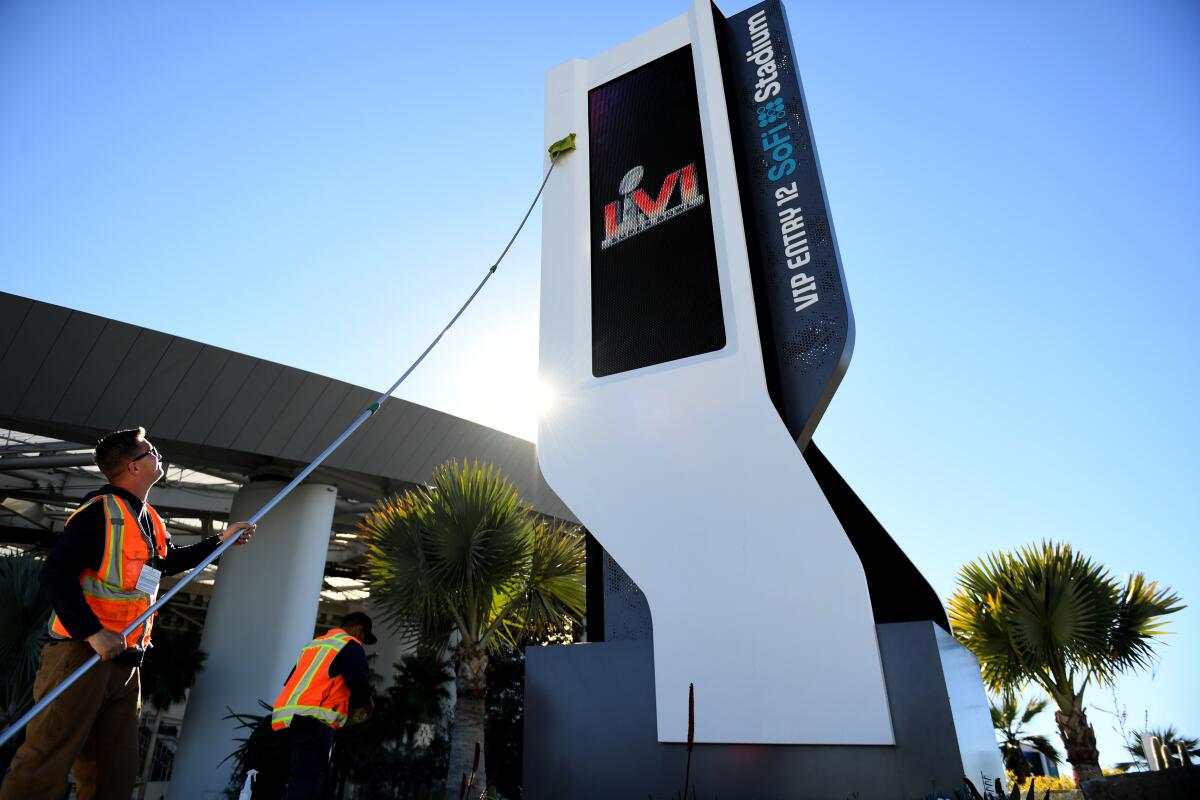
Anyone just arriving in Southern California for the Super Bowl might be amazed by how warm it is in Southern California this time of year.
And they should be, because this weather is unusual.
From Wednesday through Sunday, when the big game will be played at SoFi Stadium in Inglewood, temperatures are expected to be 15 to 20 degrees above average, said Alex Tardy, a meteorologist with the National Weather Service in San Diego. Readings will soar to near record levels, coming close to 90 degrees in some places.
Temperatures could be in the 80s in the foothills and the 70s in the mountains. Some wind-prone areas will only cool off to the 60s and 70s overnight.
Heat like this hasn’t been seen in February since 2016, Tardy said, and it can pose hazards for those not accustomed to it.
The National Weather Service has issued a heat advisory for parts of the region, warning of temperatures from 85 to 90 degrees. Part of the reason for the heat alerts, Tardy said, is “for the influx of visitors not expecting 92 in L.A.”
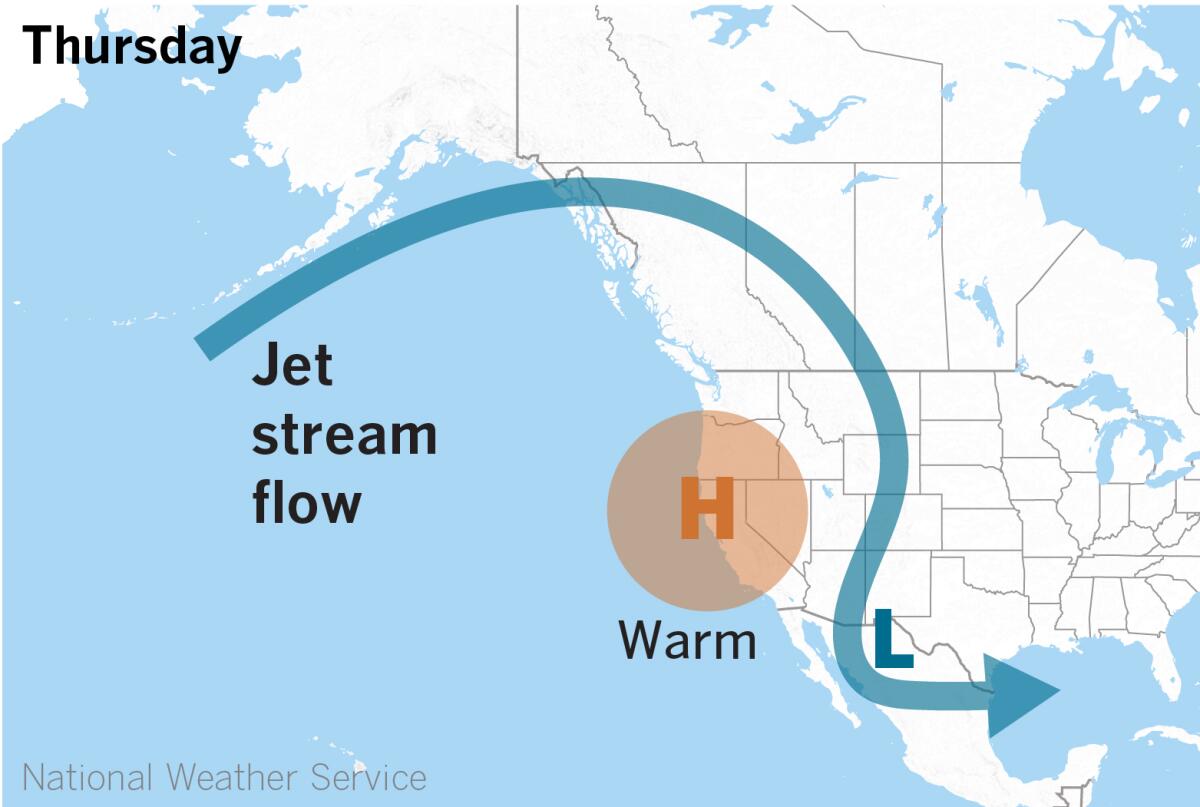
Hot and dry conditions will bring elevated fire danger, especially with dry fuels that haven’t seen any rain for the last five weeks.
The weather pattern is very similar to the one that brought record heat to the West Coast last summer, Tardy said. The difference is in the magnitude. This is February, so the upper-level ridge of high pressure isn’t as strong as it was in the summer, and the sun has been at a low angle for months, much weaker than during the summer, when it is almost directly overhead.
Home sellers profit from area development, including SoFi Stadium, site of Super Bowl 2022. Rents are up, too. Now, the city is less affordable.
The jet stream, or storm track, which brings winter storms from the Gulf of Alaska south to California, has been blocked by a huge dome of high pressure in the eastern Pacific for much of the winter — and much of the last two years, Tardy said. It is too far north and too far east for rain in Southern California.
The upper-level high pressure, which is unusually strong for this time of year, will set up directly over California by Thursday.
Meanwhile, high pressure at the surface, in the Great Basin, will bring another bout of dry Santa Ana winds as they blow toward lower pressure near the coast. These winds blow offshore in Southern California, bringing exceptionally low humidity, and they can make coastal areas as warm or warmer than low desert locales such as Palm Springs.
The Santa Ana winds will be especially gusty Wednesday night and Thursday, and are expected to weaken Friday. But the strong mass of warm air will remain anchored directly over California, reaching its peak warmth Friday and Saturday.
The warm air mass lingers over California through Sunday, so the heat wave will continue, but the offshore Santa Ana winds will be replaced by weak onshore flow.
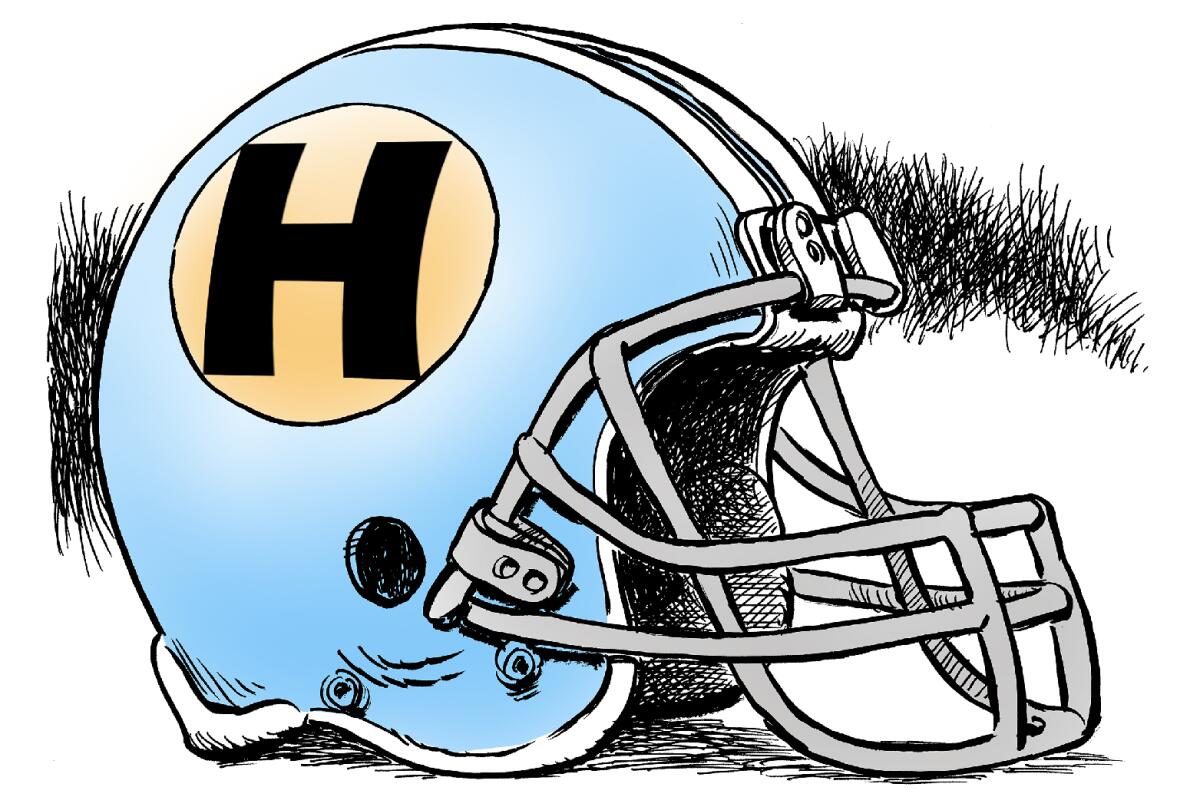
“While SoFi Super Bowl tickets near record prices, weather wonks are eyeing another record: the hottest Super Bowl ever,” said climatologist Bill Patzert. “Temperatures could reach the mid- to high 80s at kickoff on Sunday. Anything above 84 degrees would top the previous record held by Super Bowl VII, played at Los Angeles Memorial Coliseum on Jan. 14, 1973.”
In the rainfall game, California got on the scoreboard with a decent atmospheric river in late October, had an unusually dry November, then received drenching storms in December that poured rain and piled on the snow in the Sierra Nevada.
But since then, the high pressure has denied California rainfall with a stout defense, and it is threatening to run out the clock. The state generally has only the rest of February and March to get meaningful rainfall.
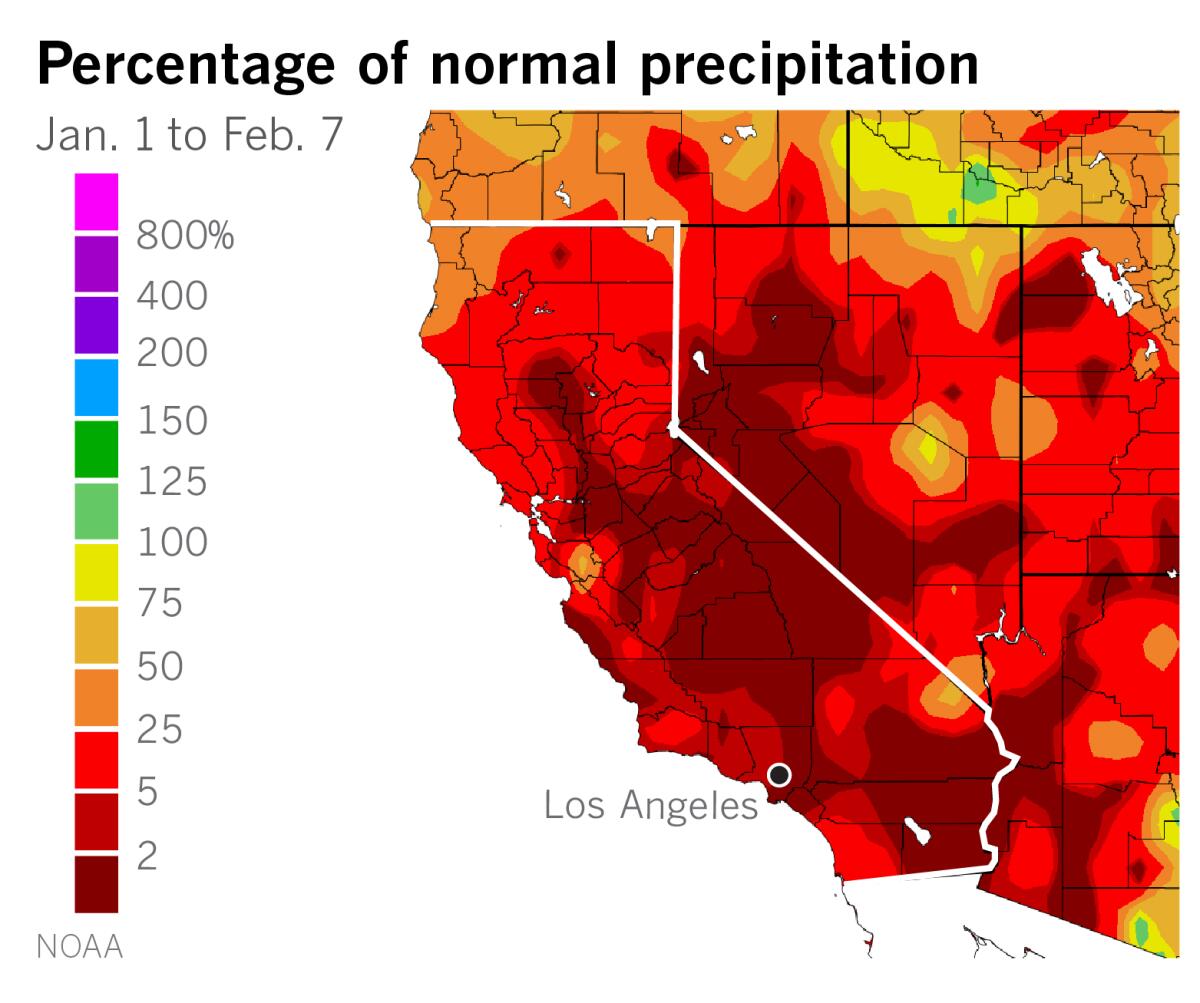
After this weekend, the storm track is expected to change up and make its way around the blocking high, forecasters say, and run straight down through British Columbia and into Central and Southern California. This is expected to bring much cooler temperatures and could allow for a few showers.
But January and February are usually the two wettest months in Los Angeles. Without significant rainfall, the region would be going into the fourth quarter hoping to score a “March Miracle.”
More to Read
Sign up for Essential California
The most important California stories and recommendations in your inbox every morning.
You may occasionally receive promotional content from the Los Angeles Times.
